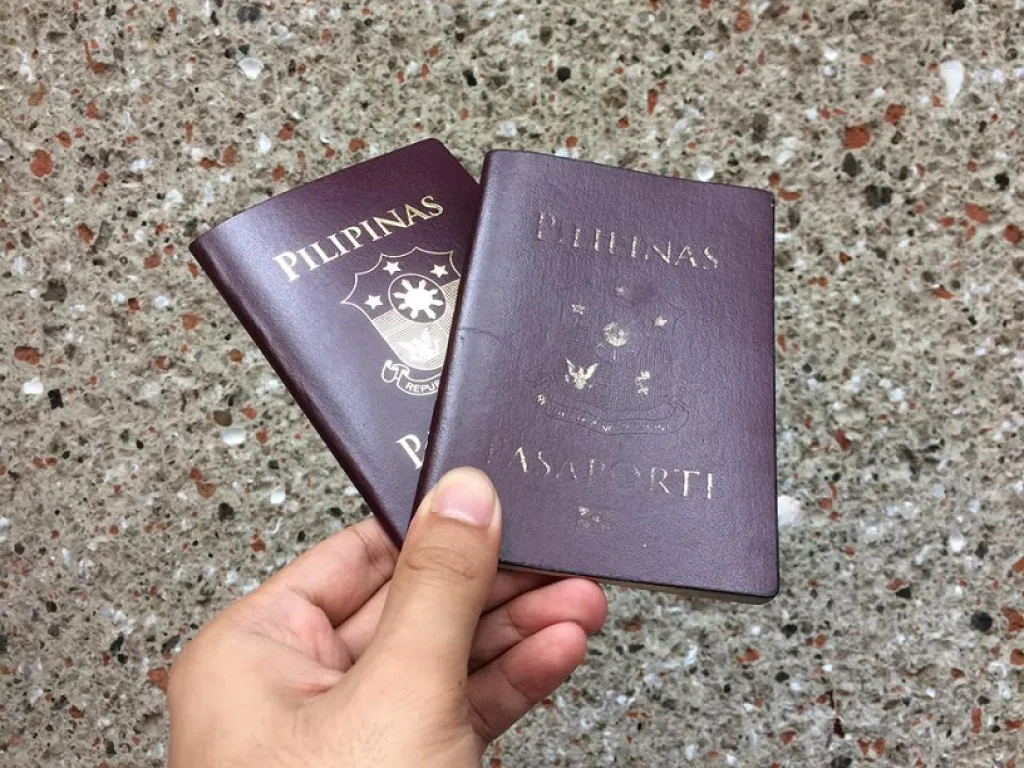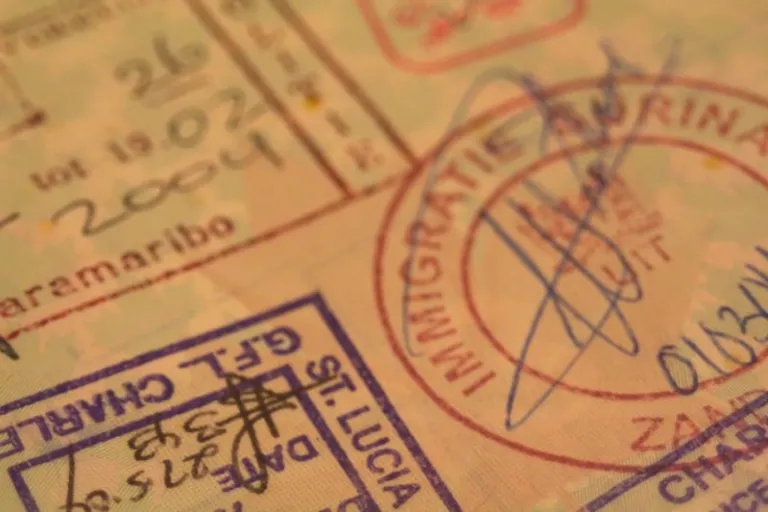Our favourite places to stay on this sleepy Cebu island.
8 Things You Should NEVER Do To Your Philippine Passport

Your Philippine passport is THE most important international travel document you have, and also one of the most dependable government-issued IDs that you can use at any time. It comes as no surprise then that you ought to pay more attention to it than anything else you have on your carry-on. Not only does it cost about thrice your daily personal allowance, but getting one can also be quite a pain in the neck. Here are things that you should never do to your Philippine passport!
Also read: Philippine Passport Stronger in the New 2018 Passport Index
1. Putting false information on it
Now what could possibly encourage anyone to lie for the sake of getting a passport? Like in any other official document, having even a single fraudulent and unverifiable information on your passport is something you could regret for the rest of your life. The Philippine law imposes a specific punishment for anyone who attempts or has attempted in doing so.
2. Abandon it
After applying for your Philippine passport, you are given a maximum of six months to claim it or have it delivered to you. Passports that remain unclaimed beyond that period are automatically cancelled in compliance to Department Order No. 37-03. It would be a waste to go through the process of preparing your requirements, the actual application and paying for that hefty ₱950 if you can’t even get your passport at the end of it all.
3. Lose it
Think of your valid passport as any essential must-have you often carry in your travels — your credit card, cash or even clothes. If you happen to misplace it or get it stolen, you can report your situation to the Consular Records Division of the Department of Foreign Affairs (DFA) if you’re in the Philippines, or any Philippine consulate or embassy closest to you if you’re overseas. You’ll need to submit documents like an Affidavit of Loss and Police Report if your passport is still valid, and a photocopy of its first and last pages if available.

4. Damage it
Another unthinkable case that jeopardises your passport’s utility is getting it damaged, whether by getting wet, having a torn page or sustaining a hole and other markings. If any of these happens, your passport automatically becomes invalid. In such case, you have to go through the same process of applying for a passport as you did the first time by submitting the general requirements and topping it with a notarized Affidavit of Mutilation. You also need to have the first and last pages of your passport photocopied.
5. Add additional pages to it
One frustration that all frequent international travellers share is dealing with completely filled out passports. Your passport is only made up of 44 pages. When all of them are used up before your little booklet even reaches expiration, the only choice you have is to renew it. That’s it. The DFA does not grant additional pages for whatever use, nor authorise anyone outside the department to do so. You can even face penalties for altering it!
6. Paste or staple anything on it
Once you decide to get a new passport, you’ll also need to say goodbye to previous visas and stamps you’ve accumulated on your previous passport. Worry not, however, as you can still use it for future visa applications that require you to prove your travel history. With that, don’t even think of transferring your old visas to your new passport! It’s not worth it and it’s also against DFA’s policies. You are also forbidden to paste or staple anything on the cover of your passport that can damage the electronic chip on it, as well as paste or staple printed visas and any other design or accessory on its pages.
 Image credit: Ian Mackenzie
Image credit: Ian Mackenzie7. Use it as a collateral
A common tactic used by Overseas Filipino Workers (OFW), passports being used as a loan collateral is not only dangerous, but also illegal in Philippine law. Several cases have already been documented where guilty OFWs are reprimanded for treating their passports as their own property, instead of the government’s, especially in situations like this. When caught using your passport to secure loans, you can get your travel document cancelled and it may affect your future applications.
8. Use it within six months of expiration
Even if your passport hasn’t expired yet, there’s a given time period in which it already loses its validity. You’ll notice that almost anytime there’s a requirement to enter your passport details, whether it’s in hotel and flight bookings or visa applications, there would be an instruction that clearly tells you to make sure that your passport is at least six months away from expiration.
Also read: Great Things That Happened to the Philippine Passport
Now that you know how truly delicate your Philippine passport is, do all the necessary steps to prevent the above-mentioned things from happening to this crucial travel document. Any of them could ruin your travel plans just like that.
Published at
About Author
Joser Ferreras
Subscribe our Newsletter
Get our weekly tips and travel news!
Recommended Articles
10 Bantayan Island Resorts, Hotels, and Rentals for Your Tropical Escape 10 Best Banawe Restaurants for a Mouthwatering Food Trip in QC The promise of new flavours beckons from Banawe.
10 Best Mountain Cafes in the Philippines for Your Peak Coffee Experience Coffee date on the mountains, anyone?
10 Commandments for Responsible Travel Flexing Spread the good word!
10 Family Outing Ideas in Metro Manila Under ₱500 Looking for a weekend bonding with the family under ₱500? Head to these places, pronto!
Latest Articles
You Now Need to Pay Travel Tax Before Completing Your eTravel Form Here’s a simple guide to avoid airport delays!
New 5-Year LTO Registration For Brand-New Cars And Motorcycles Only Check if your car or motorcycle qualifies for the LTO extension!
Frasco Now Wants Her Face Removed from PH Tourism Materials Ashamed of her main character syndrome?
Ilagan City Wins ASEAN Clean Tourist City Award 2026 Ilagan City is officially one of the cleanest cities in Southeast Asia!
DOTr Is Fixing Airport Runways to Lower Your Airfare Tired of expensive domestic flights?

